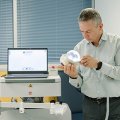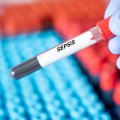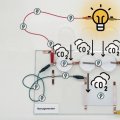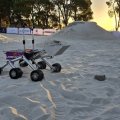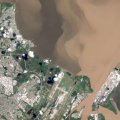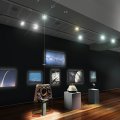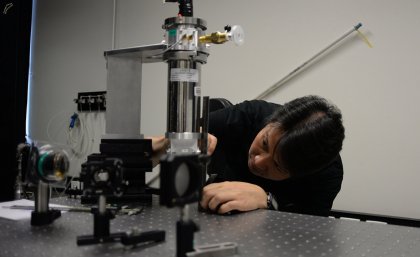
New technology that helps detect skin cancers early could be transformed into a commonplace tool for clinicians, thanks to research at The University of Queensland.
The UQ School of Information Technology and Electrical Engineering’s Dr Yah Leng Lim has developed a prototype that can differentiate tumour from healthy skin using laser-based imaging technology.
Dr Lim said the terahertz laser imaging technology could provide new methods for assessing skin lesions, assisting in early diagnosis of skin cancers.
“Working at Terahertz frequencies, laser imaging can examine lesions where there is no visible change,” Dr Lim said.
“Our test results are extremely promising, but the current prototype is bulky and requires cryogenic cooling to operate.
“The next step is to consolidate the electronics and system design to develop a cryogen-free system.”
Queensland has one of the highest skin cancer rates in the world, with more than 350,000 people treated each year.
Despite advances in treatment, the best predictor for survival is early detection.
Dr Lim said current clinical diagnosis was largely based on visual inspections using a dermatoscope, and restraints of the current technology meant one in five skin cancers were undetected.
He has partnered with Brisbane-based Micreo Ltd to develop the high-frequency electronics for the project.
Dr Lim is working with researchers at the University of Leeds to access world-class terahertz laser technology.
He received a $300,000 Advance Queensland Fellowship last month and said he and the team were excited to trial the prototype in clinics.
“This is a system which could become commonplace in hospitals and clinics for cancer screening.”
Clinical trials will be conducted at Brisbane’s Princess Alexandra Hospital.
Media: Faculty of Engineering, Architecture and Information Technology, Casey Fung, c.fung@uq.edu.au, +61 7 3365 5825.



